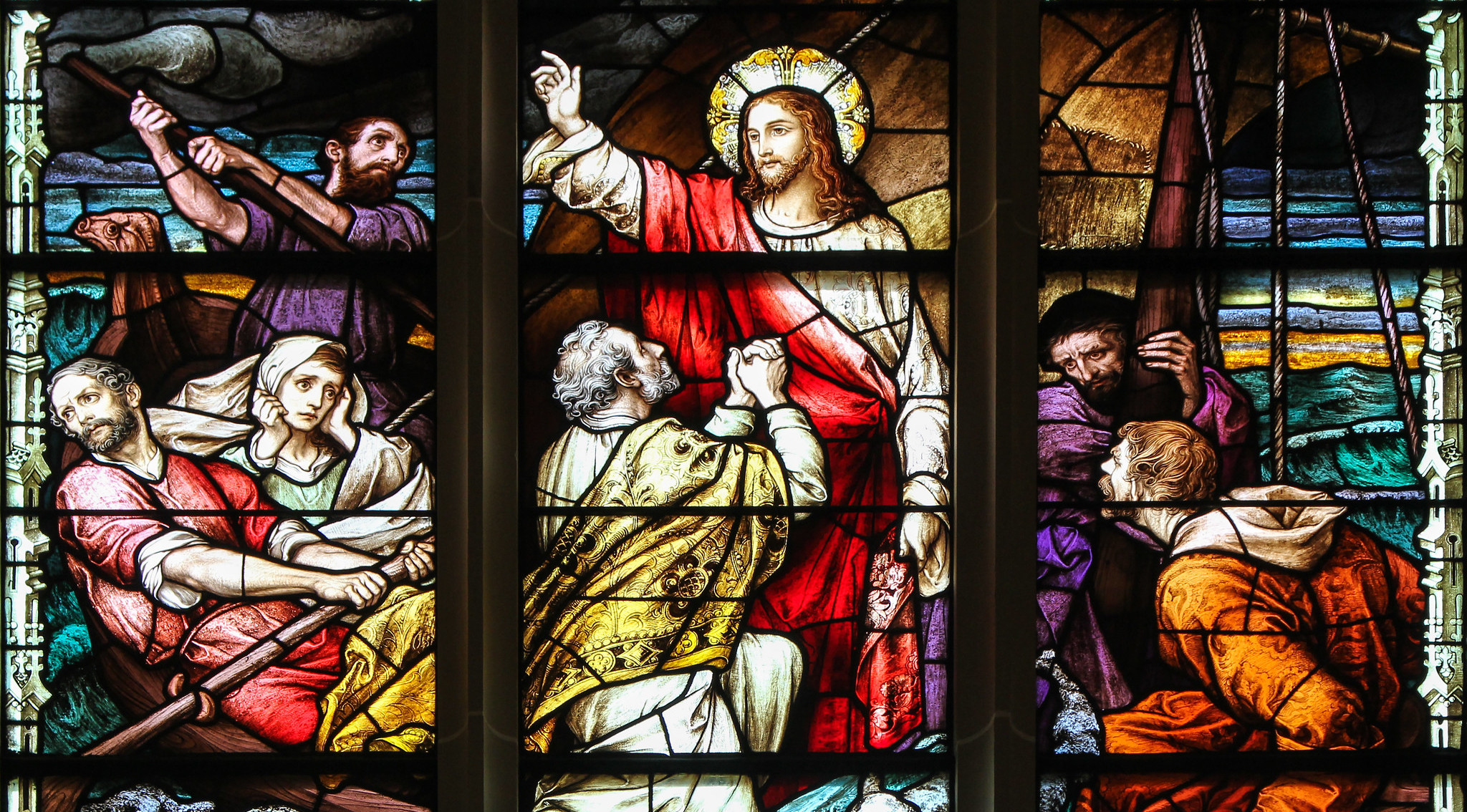In the Gospel from Mass today, Jesus makes a promise to his disciples: “Peace I leave with you; my peace I give to you” (John 14:27). This passage is part of the Farewell Discourse in the Gospel of John. Given that Jesus knew his Passion and death were imminent—and he also knew what troubles his disciples would suffer—his promise of peace is remarkable. It is one thing to offer reassurance when things are well; it is another to do so when suffering looms. And yet, Jesus admonishes his disciples: “Do not let your hearts be troubled or afraid.” It is one of the paradoxes of Christianity that the greatest peace can exist amidst the greatest suffering. The saints show us this. The martyrs testify to this. Often, a mark of holiness is peace in the midst of trial. But it is important to realize that the saints could not achieve this peace on their own; they could only receive it from Christ.
The fact that trials and sufferings often beset the Christian serves to remind us that Christ’s peace in this life is primarily interior. This might seem disappointing at first, but it is true. Exterior peace is useless for those who do not have peace in their hearts. Interior peace is true peace, no matter what circumstances one finds oneself in. How does this interior peace come about? It does not come about by emptying one’s heart in order to achieve some form of Stoic equilibrium. Instead, it consists in letting God fill one’s heart to the brim with charity. This is most important: Peace results from charity. When our hearts are filled with love of God and love of neighbor, then we will be at peace.
We are robbed of peace when our hearts’ desires are not satisfied. Often we lack peace because we are pulled in many directions by many different wants. God is our hearts’ deepest desire. We can think of Augustine’s famous expression: “You have made us for Yourself, O Lord, and our hearts are restless until they rest in Thee.” (Confessions, Book I, 1, 1). Only when we rest in God and he rests in us can we rightly relate to other people and to the things around us. The person who finds peace in God will find calm in the storms of this life. To be at peace does not mean that cares and worries are absent. Rather, it places them against the backdrop of God’s love for us, which is more ultimate than any passing trial.
Being peaceful in the midst of troubles may certainly appear strange from the outside. Isn’t it right to be distraught when things are not as they should be? Consider the example of Saint Paul. In one of his letters written while in prison, he speaks of “the peace of God that surpasses all understanding” (Phil 4:7). According to worldly wisdom, Paul should not have found peace in the midst of imprisonment; and yet he was at peace. In the same chapter, he points to the source of his confidence: “I have the strength for everything through him who empowers me” (Phil 4:13). And in another letter, Paul affirms: “We know that all things work for good for those who love God…” (Rom 8:28). Paul’s life, filled with hardships (cf. 2 Cor 4–10), was a witness to peace amidst suffering. The peace he spoke of—the same peace we are offered—comes from having one’s heart set on what truly matters: God and his love in our hearts. Again, this is not something we are able to create on our own; we must pray to Jesus to receive this peace, this love. He offers it to us by offering himself. Let us therefore receive him into our hearts. Only then, can we find peace.
✠
Photo by Fr. Lawrence Lew, O.P. (used with permission)







